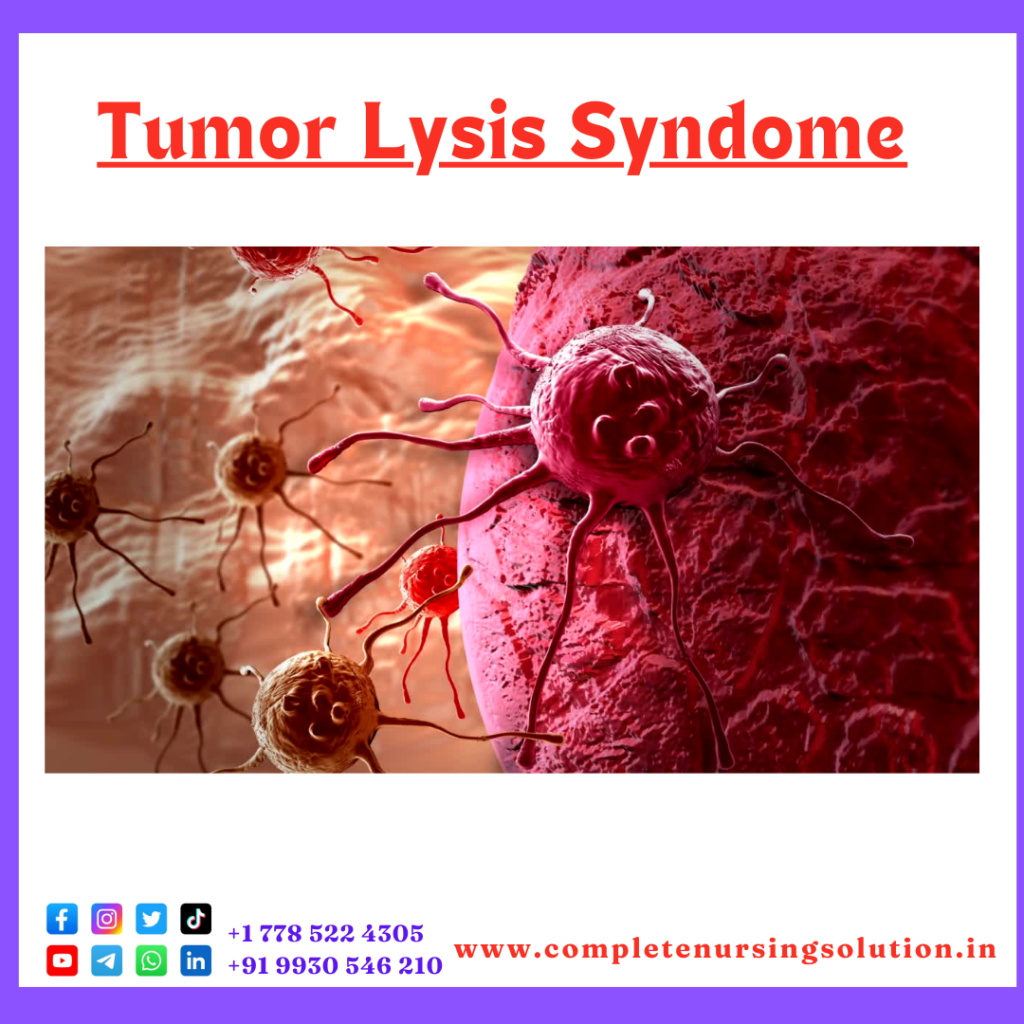Children age 3-6 (preschool) are in Piaget's preoperational stage of cognitive development. At age 5, children are not able to fully understand cause and effect and will therefore ascribe inappropriate causes to phenomena (eg, scraped knee was caused by earlier misbehavior). Five-year-olds are developmentally capable of understanding adoption on a basic level; however, it may be difficult for them to understand the concept of having another family. The child might notice that friends are not adopted. Preschool-age children may also believe they are responsible for being adopted and may develop separation issues and fear abandonment.
(Option 2) School-age children may imagine how life would be different if they were with their biological parents. Self-esteem issues begin to develop around this time with the possible sense of loss of the biological family. School-age children may be sensitive to physical differences between themselves and their adoptive family.
(Option 3) Children age 3 and under are unable to understand differences between adoptive and biological parents. The age at which to begin discussions about being adopted is debatable, but use of positive language is always encouraged. The terms "given up" or "put up" for adoption or someone's "real" parents are inappropriate and should be avoided.
(Option 4) Adolescents have abstract thinking abilities that enable introspection about their adoption. They typically do not like differing from their peers. Open and honest communication is important at this age. Educational objective: Preschool-age children (3-6 years) are in Piaget's preoperational stage of cognitive development. They become increasingly verbal but are unable to understand cause and effect, often ascribing inappropriate causes to phenomena; therefore, the adopted child may feel responsible for being adopted.
Children age 3-6 (preschool) are in Piaget's preoperational stage of cognitive development. At age 5, children are not able to fully understand cause and effect and will therefore ascribe inappropriate causes to phenomena (eg, scraped knee was caused by earlier misbehavior). Five-year-olds are developmentally capable of understanding adoption on a basic level; however, it may be difficult for them to understand the concept of having another family. The child might notice that friends are not adopted. Preschool-age children may also believe they are responsible for being adopted and may develop separation issues and fear abandonment.
(Option 2) School-age children may imagine how life would be different if they were with their biological parents. Self-esteem issues begin to develop around this time with the possible sense of loss of the biological family. School-age children may be sensitive to physical differences between themselves and their adoptive family.
(Option 3) Children age 3 and under are unable to understand differences between adoptive and biological parents. The age at which to begin discussions about being adopted is debatable, but use of positive language is always encouraged. The terms "given up" or "put up" for adoption or someone's "real" parents are inappropriate and should be avoided.
(Option 4) Adolescents have abstract thinking abilities that enable introspection about their adoption. They typically do not like differing from their peers. Open and honest communication is important at this age. Educational objective: Preschool-age children (3-6 years) are in Piaget's preoperational stage of cognitive development. They become increasingly verbal but are unable to understand cause and effect, often ascribing inappropriate causes to phenomena; therefore, the adopted child may feel responsible for being adopted.

